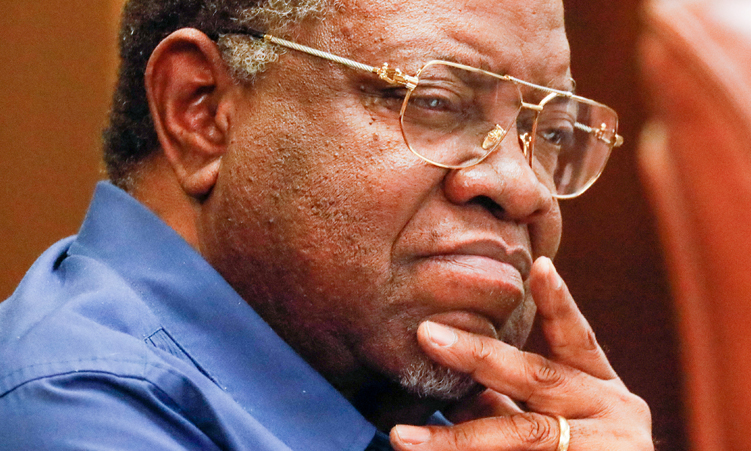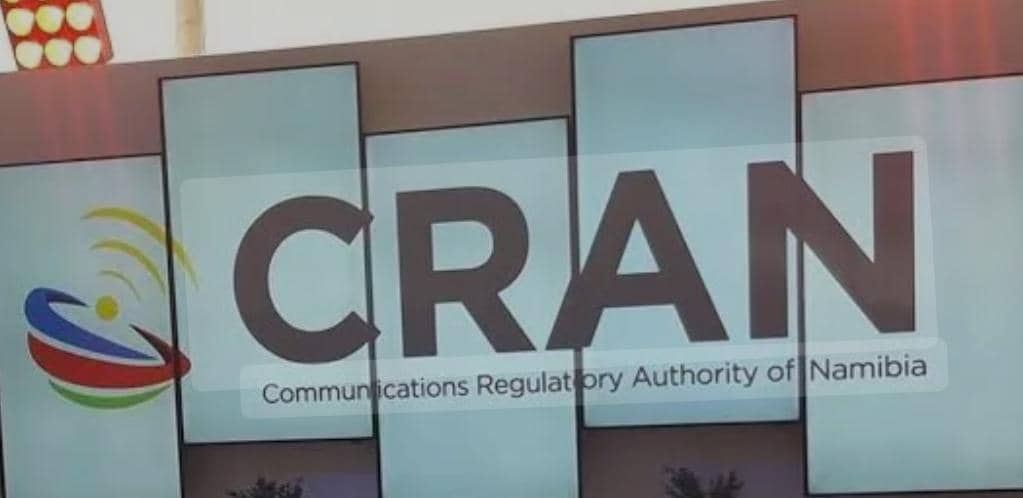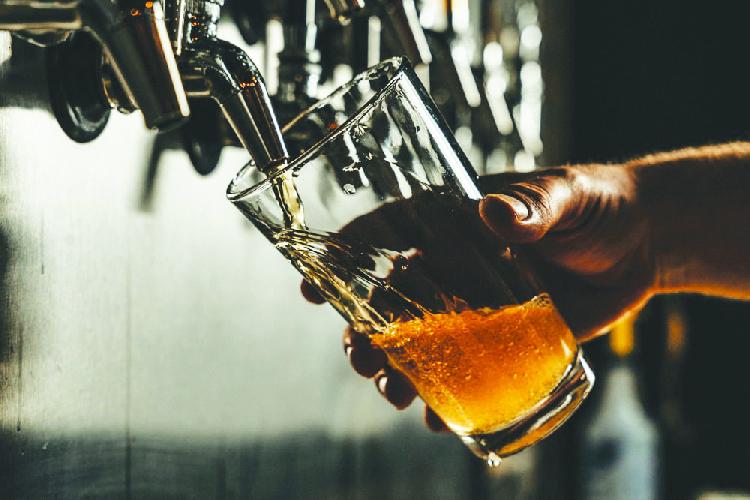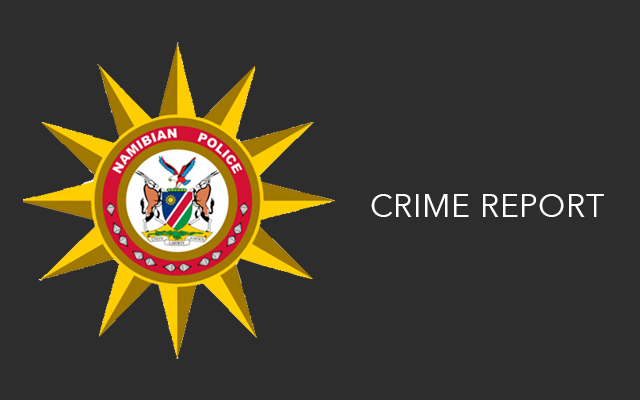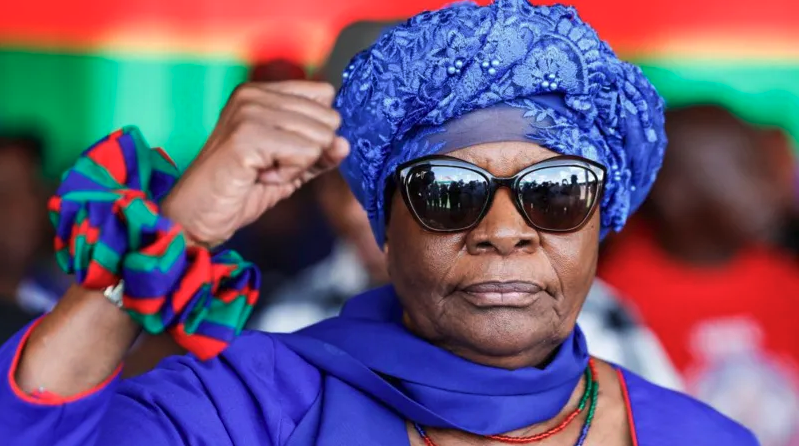Some political analysts believe Swapo is in the “political intensive care unit”, but at the same time doubt whether the opposition would be able to deliver a knockout blow to the “wounded” ruling party in 2024.
Namibians are anticipated to elect a new head of state to take over from the incumbent Hage Geingob, together with 104 members of parliament who will serve from March 2025 to 2029.
Geingob will step down on 21 March next year.
Swapo has fielded its vice president, Netumbo Nandi-Ndaitwah (72), as its presidential candidate.
Its political offshoot, the Independent Patriots for Change (IPC), will be represented by Panduleni Itula.
Other opposition parties such as the Popular Democratic Movement (PDM), United Democratic Front (UDF), National Unity Democratic Organisation (Nudo) and the All People’s Party (APP) are yet to elect their presidential candidates for this year.
Political analyst Rui Tyitende says Swapo will maintain its dominance in both the presidential and parliamentary elections as the opposition parties are not offering an alternative that excites the electorate.
“The opposition is weak because Swapo is a strong brand, although currently wounded and in the political intensive care unit,” he says.
Tyitende says candidates’ gender is not a major issue, but rather ideas, policy positions and alternatives.
Swapo boasts a woman candidate with its mantra “the future is female”, referring to Nandi-Ndaitwah, whom it says has “clean hands”.
Tyitende says the nation should expect Swapo to try to sway Namibians with economic and social benefits such as a social grant increment of N$2 000 to N$3 000.
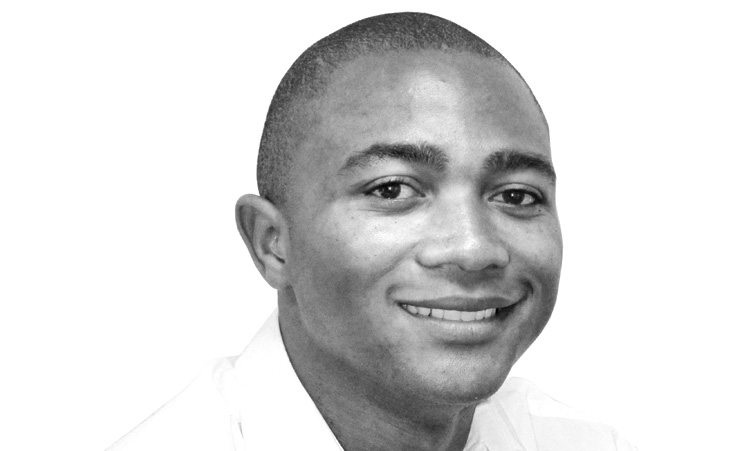
‘BANKRUPTING THE COUNTRY’
“So, Swapo is willing to bankrupt the country to remain in power,” he says.
Geingob announced in his New Year’s message he hopes to increase the old-age pension to N$2 000 or N$3 000 before he leaves office.
Political analyst Henning Melber says despite Swapo’s shortcomings, its presidential candidate will win this year’s elections.
He says most Swapo votes will come from the northern regions.
“It also seems likely that the Swapo presidential candidate will be elected as the one who receives the most votes,” Melber says.
He says the Fishrot issue that cost Swapo votes in 2019 remains a reference point for state capture and resource appropriation by an elite.
“To that extent it has a lasting life as a reminder that something is wrong in the state of Namibia. But it should not be a direct campaign issue,” he says.
In 2019 Geingob won the presidential election by 56,3%, while Itula got 29,4% of the vote, with PDM president McHenry Venaani in third position with 5,3%.
“I am going to win, that’s what Swapo also wants. That’s why I am going in the election. Swapo is going to make me win the election,” Nandi-Ndaitwah said.
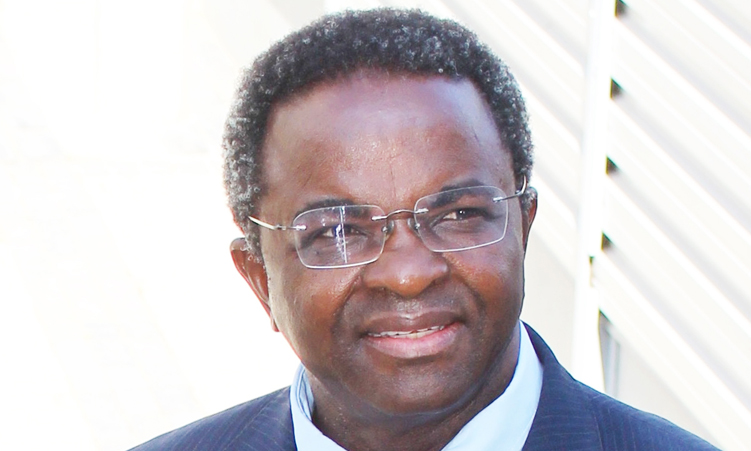
‘IPC WILL WIN’
However, Itula claims he and his party will win this year’s presidential and National Assembly elections.
He said last week that Swapo’s time to rule has expired.
“IPC is the only alternative to Swapo,” Itula said.
Itula said his party would win 63 seats in the National Assembly.
He said he won the 2019 elections, but his votes from the Windhoek Rural constituency were allocated to UDF president Apius Auchab.
Auchab denied Itula’s claim, saying he is lying.
“How does he know that? Does he work at the ECN?” Auchab asked.
Itula said if elected to power, the IPC would ensure the police and soldiers are properly remunerated, the party would create jobs for the youth, and would ensure that the veterans of the liberation struggle are properly taken care of.
He said the party would also sell the presidential jet and reduce the number of ministries from 23 to 13.
COALITION GOVT
Venaani says this year’s elections will be highly contested.
He says he hopes to lead a coalition government.
“This country needs transformational leadership,” Venaani says.
He says he will industrialise the agricultural sector to create jobs for unemployed young people.
Venaani says if elected as the head of state, he would renegotiate all downstream and upstream oil deals as well as green hydrogen agreements to maximise benefits.
Landless People’s Movement (LPM) spokesperson Lifalaza Simataa says the party would attain more seats in the National Assembly this year.
“We have not shown any sign of slowing down compared to other opposition parties,” he says.
APP national chairperson Linus Muchila says if his party is elected into power, it would provide employment to the youth and give them N$2 500 each.
He says they would also train young people to start their own agricultural projects.
Stay informed with The Namibian – your source for credible journalism. Get in-depth reporting and opinions for
only N$85 a month. Invest in journalism, invest in democracy –
Subscribe Now!


